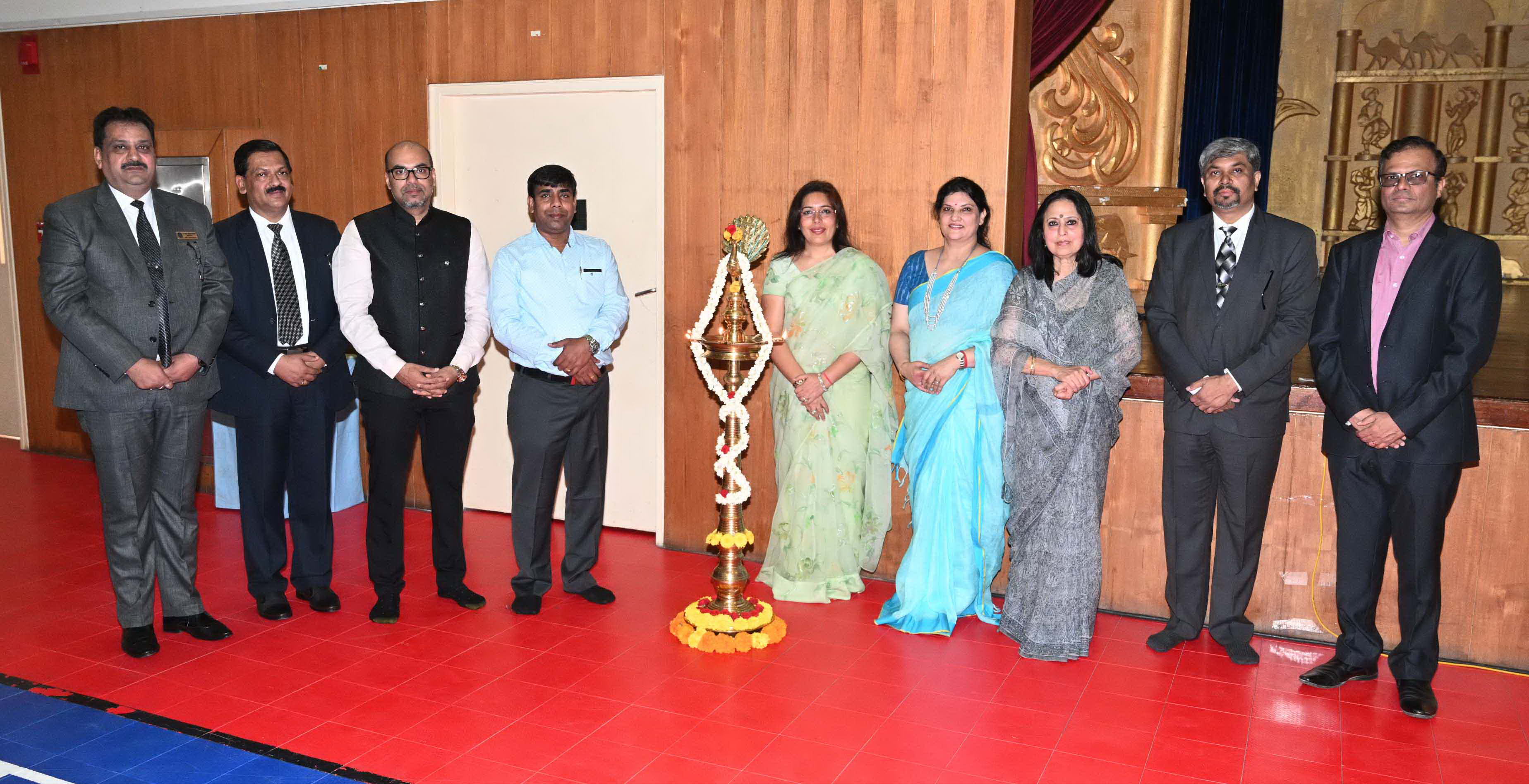
Muscat: Teachers from Indian schools in Oman were trained by skilled educators from India were trained in five different areas of education for the future, in a capacity building programme organised in Muscat. The objectives were to enable teachers to play varied and distinct roles as curriculum designers, developers and adapters of instructional materials, facilitators of curriculum transaction in schools in a child centred manner, becoming resourceful idea generators, mentors of peer teachers and appraisers of performances given by students in an objective and humane way. Five different topics were dealt with in detail in five different venues during the two-day capacity building programme. They were digital essentials in teaching, inclusion and inclusive education, teaching in multicultural environments, techniques of question paper setting and assessment, and effective classroom management. These topics were identified based on the ‘training need analysis survey carried out last year among the Indian School faculties by the Board of Directors of Indian Schools in Oman. The Board of Directors of Indian Schools in Oman, in association with the Central Board of Secondary Education (CBSE, New Delhi), organised a two-day capacity building programme for teachers of Indian Schools in Oman on 30 and 31 August 2019. The programme was organised under the aegis of the Board of Directors of Indian Schools in Oman and inaugurated at a function held at Indian School Muscat. Dr Biswajit Saha, director of training and skills, CBSE New Delhi presided over the inaugural function as the Chief Guest. CBSE officials, resource persons for the capacity building programme, the chairman of the board of directors of Indian schools in Oman, directors on the board, members of the school management committee (SMC), and principals and teachers from different Indian schools were present for the inauguration. The eight-member team of master trainers and mentors delegated by CBSE to conduct the CBP in Muscat was headed by Dr Biswajit Saha, director training and skills, CBSE New Delhi. Other members of the team included Dr Sweta Singh (joint secretary – academics), Dr Sandeep Jain (deputy secretary and head – centre of excellence), Dr CB Mishra (principal, Presidium School, New Delhi), Dr Sudha Acharya (principal, ITL Public School, New Delhi), Dr Jyoti Gupta (principal, DPS Ghaziabad), Dr Ameeta Wattal (principal, Springdales School, New Delhi), Neha Sharma (principal, DPS Gurgaon) and Dr Indu Kheterpal (principal of Salwan Public School, New Delhi). Dr Baby Sam Saamuel, Chairman of the Board of Directors of Indian Schools in Oman, in his introductory message at the inauguration highlighted the need for continual learning for teachers in order to equip themselves in light of the changing needs of the world. He said, “with a view to ensuring holistic education, various initiatives have been implemented by the Board to enable our teachers to empower themselves and be global citizens and many more are under implementation. This training is per our commitment underlined in Oman’s Vision 2020. Saamuel added, “the areas and topics of the training have been carefully selected, as per the inputs received from our teachers based on the surveys undertaken. The participants selected for the program to be trainers are as per the firm belief in their capabilities and dedication to the cause.” In his inaugural address, Dr Biswajit Saha stated, “Quality concerns in school education are among the priorities of CBSE as they play a pivotal role in the development of the country. The Board is committed to make provisions for various training programmes for teachers and principals to enhance their understanding of curriculum and delivery mechanism and other professional qualities.” “Capacity building programmes organised at regular intervals for teachers and principals would equip them with the competencies such as using technology tools effectively, applying appropriate pedagogic techniques to make learning process connected with real life, stress-free and joyful; improving their life skills such as active communication skills to deal with the needs of the learners and the society effectively,” Saha added.